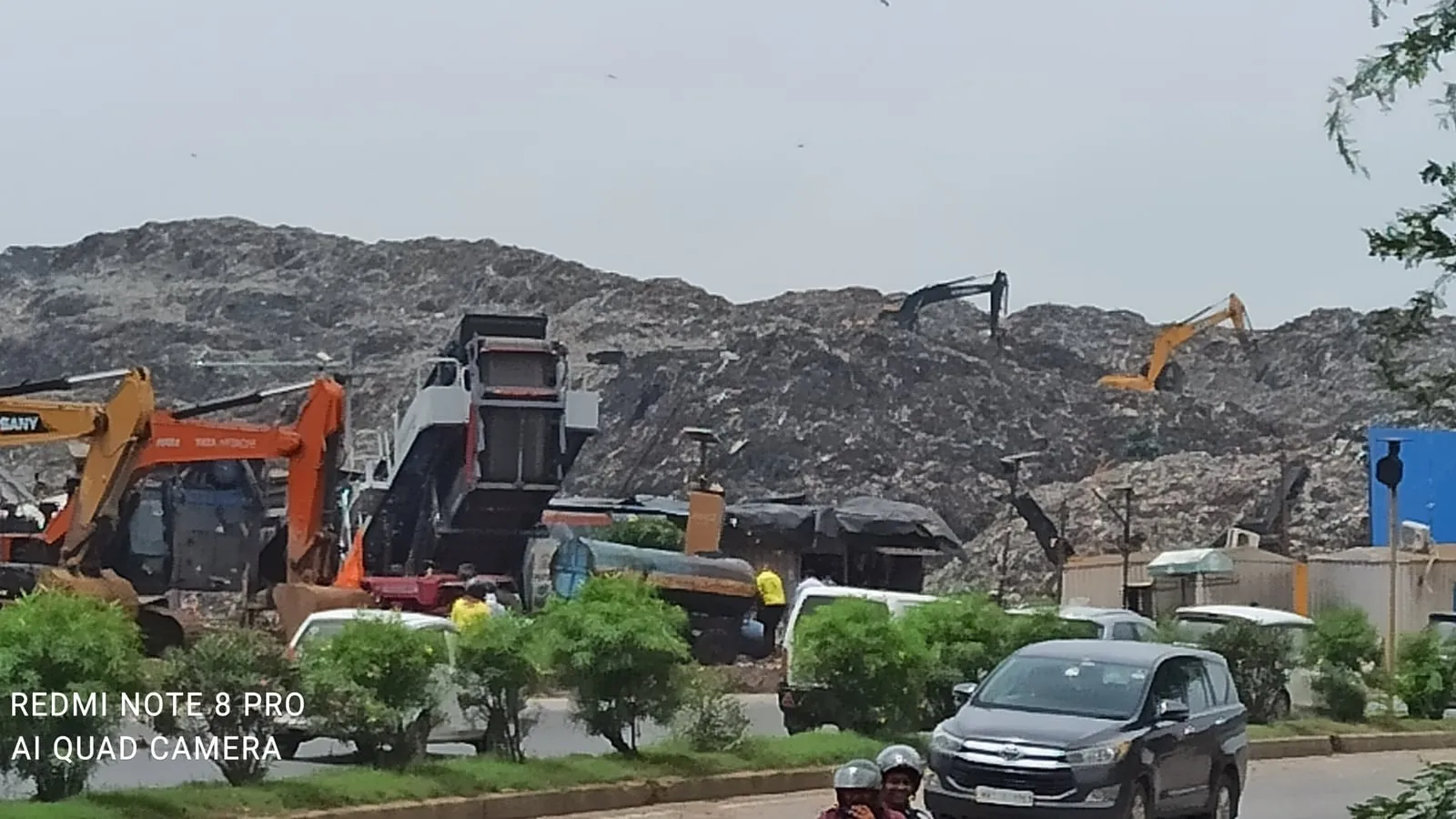AAP Criticizes Previous Governments’ Land Pooling Model in Punjab
Addressing the media at Punjab Bhawan, the Aam Aadmi Party (AAP) state president raised concerns about the existing land pooling model in Punjab. He pointed out that the framework for the current policy was initially introduced by the Shiromani Akali Dal (SAD)-BJP government.
Opposition Parties’ Stand on Land Pooling
Both SAD-BJP and the Congress, despite having approved master plans for cities like Mohali, Amritsar, Tarn Taran, and Hoshiarpur, are now opposing the policy. This opposition comes in light of the lack of proper civic infrastructure in developments that were allowed by previous governments.
Focus on Transparency and Fair Development
The AAP representative highlighted the need for transparency and fair development in urban growth. The new policy seeks to ensure planned urban growth that benefits landowners by providing them with more flexibility and participation in the process.
Issues with Previous Development Plans
Previous governments’ close ties with defaulter builders resulted in the development of colonies without essential amenities. Arora, the AAP spokesperson, criticized the absence of basic facilities like sewage systems and street lighting in these areas.
New Opportunities for Landowners
Under the new land pooling policy, landowners have the option to independently develop their land in collaboration with the government or private developers. The policy offers financial support to landowners and does not restrict land transactions.
Response to Opposition’s Claims
AAP leader Arora dismissed the opposition’s narrative as misleading and called for an apology from the SAD, BJP, and Congress for promoting unauthorized colonies. He emphasized that the new policy is focused on public welfare and supports farmers.
Key Features of the Land Pooling Policy
According to the state government, the land pooling policy allows owners to exchange one acre of land for a 1000 square yards residential plot and a 200 square yards commercial plot in fully developed land. This exchange is aimed at providing landowners with more valuable and functional properties in return.
Overall, the Aam Aadmi Party’s stance on the Punjab land pooling policy highlights the importance of transparency, fairness, and public-centric development in urban planning.






